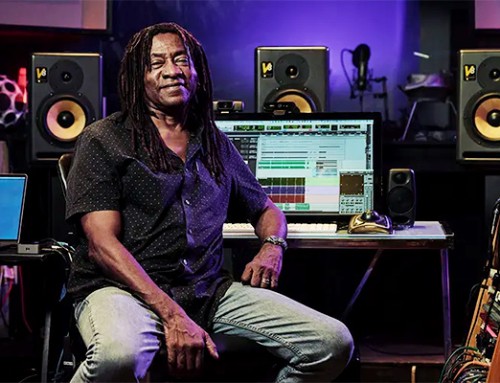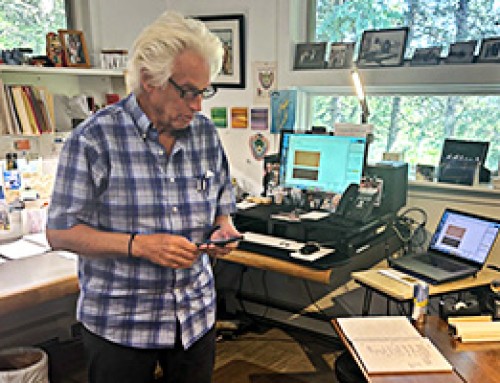AT midnight on a Monday in late July, the day was far from over for Alicia Keys. That morning the Jamaican bassist and producer Robbie Shakespeare, from the duo Sly and Robbie, had flown in from Miami for a session at the Oven: a house on Long Island that Ms. Keys and her producing partner, Kerry (Krucial) Brothers, have converted into a complex of recording and mixing studios. She spent the afternoon rehearsing with her band in Weehawken, N.J., then headed back to the Oven for a late night mixing session.
“I love my spot,” she said proudly as she offered a visitor a tour, wearing wraparound sunglasses and a “Born to Be Wild” T-shirt. “It looks like Grandma’s house.” From the outside it did. But beyond its parlor the Oven was a warren of clean, well-equipped studios on three floors. Photos of Nina Simone, Janis Joplin, Bob Marley and other old-school figures presided from the walls. It’s where she made her next album, “As I Am” (J Records), working at her own pace. Due for release on Nov. 13, “As I Am” will be her first studio album since she released “The Diary of Alicia Keys” in 2003, and Ms. Keys has been describing it as “rebellious” at every opportunity.
“I just was really adamant about doing things that were not expected,” she said. While some of its songs reaffirm her connection to 1960s and ’70s soul, others lean closer to rock — from the Beatles to U2 — than she has before. The album was about 10 days from being finished, and well into the wee hours people were busy with last-minute mixing and mastering. Manny Marroquin, who was mixing the album’s first single, “No One,” told Ms. Keys he had just gotten a no-pressure but-pressure call from her A&R contact at J Records. “He was, like, ‘Do your thing,’ ” Mr. Marroquin reported, imitating the tone of the record-company man. ” ‘I’ve just got to turn the song in by Wednesday, and I’m not going to get in the way, but —— ‘ ” Ms. Keys interrupted him. “Back up,” she said. “I don’t like to hear all that. It’ll be in when it’s in. It’s there when it’s right, and that’s when it’s there.” Getting it right is essential both for Ms. Keys as a musician and for a recording business with few young stars that inspire loyalty. In the four years between Ms. Keys’s studio albums, CD sales have stayed in a tailspin and albums have been dismantled in favor of singles and ring tones. Careers have been forged by “American Idol,” which boosts singers rather than songwriters, entertainers more than musicians — nearly the opposite of a self-determined performer like Ms. Keys. Although she is only 26, in many ways Ms. Keys comes across as a proud throwback: a soul singer in the era of abbreviated R&B hooks. She writes and produces her own songs, with various collaborators including, on this album, the rock and pop producer Linda Perry and the songwriter from Floetry, Marsha Ambrosius. She is an accomplished keyboardist and a singer who needs no electronic assistance.









